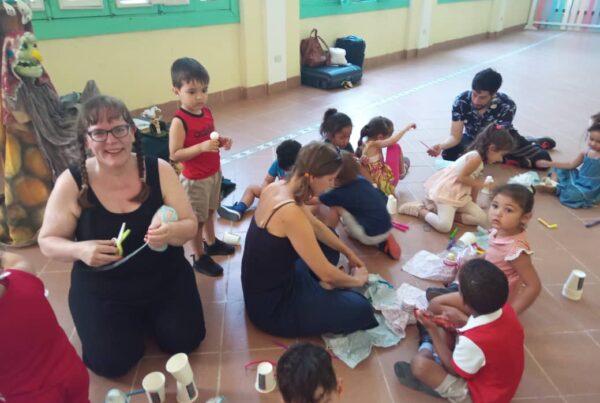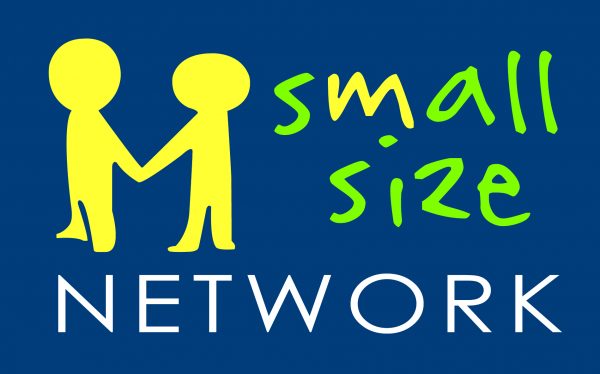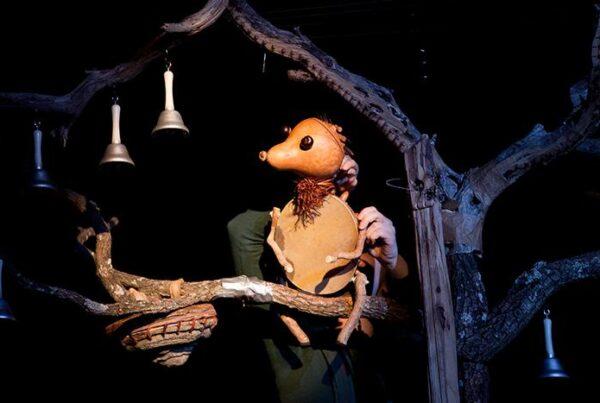“For Children with special needs, cultural institutions are closed not only for two-three months as a result of a pandemic, but year-round. The dark hall, the loud sounds, and the preachy and hurtful audience – all of these keep them at home. Or Alterman-Barnea, a mother to a child with autism and a social entrepreneur, on the frustration of “getting back to normal”.
Or Alterman-Barnea
“Culture is not a privilege, it’s a necessity”, “Culture is the horizon, it’s air, oxygen” – These type of sayings were heard during the past month as part of the protest of the artists, who rightfully call to reopen cultural establishments. It’s very easy to sympathize with those statements, both in the personal and financial aspects of each and every one of us, cultural consumers.
However, these sayings by mayors, managers of cultural institutions, and independent artists are not the reality for 30 thousand children, for whom closed halls are just another part of their everyday life, regardless of any pandemic, every year, and year-round.
Children with autism, ADHD, down syndrome, sensory processing disorders, and various neurological and developmental impairments, are not able to consume culture in the way it is offered today.
The unfamiliar setting, the dark and crowded hall, the unexpected plot, the loud noises, the hall ushers and sometimes even the actors themselves, who are intolerant towards what is perceived by them as unnecessary disturbance. And the audience, oh the judgmental, sarcastic, preaching and hurtful audience – all of those keep an entire segment of children and parents outside of cultural institutions.
In order for these children to be able to consume and experience cultural events, they need special and precise accessibility, that is almost non-existent. Not because it demands high budgets or complicated technology. This type of accessibility begins with awareness and understanding that culture should be open for everyone.
Culture makes us feel that we belong
Hili Tropper, Israel’s new Minister of Culture, wrote on his Facebook page: “I understand that the values which represent all that’s good and beautiful in the world are embedded in the world of culture and sports. How spirit, love of mankind, determination and sense of belonging lies in these spheres”.
He also declares that culture is a necessity. It teaches us empathy and solidarity with the other, it encourages us to develop a wider range of emotions. Culture makes us feel like we belong and helps us form our identity. Culture is the foundation and the place in which we grow.
When we take it away from our children, we leave them hanging, depriving them of the best tool to develop their minds and thoughts, and mainly we reveal that culture is in fact not meant for everyone. That this “oxygen” is probably meant for some, more than others.
Children with disabilities are excluded from almost all aspects of life. The education system is not actually prepared to cope with the adjustments needed in order for them to be included. After school activities still deny many children from participation in fear of disturbance and lack of understanding and knowledge; in the public sphere, unusual behaviors are often met with stares and chatter in the best case scenario. But kids are kids and all they want and need is to feel a sense of belonging and love, especially when they are forced to deal with internal challenges that they did not choose in every aspect of their life.
Cultural Lockdown
Artists have always been a symbol for breaking boundaries; they were the freedom warriors and ambassadors of acceptance of everything that is different and out of the ordinary. So how is it possible that these very places – theater, music, and dance – are shut in the face of those who so desperately need them? How come cognitive accessibility isn’t a part of the accessibility legislation (which is only partly enforced)? And why do local authorities which provide public culture events ignore such a big part of its society?
In the past couple of months, we were locked down between four walls, looking frantically for more ways to experience theatre, music, dance, and films. Whatsapp groups were blowing up with links to free online plays and cultural archives. Many parents understood that this type of accessibility to plays and cultural events is not to be taken for granted.
That’s why today, right before we all get back to normal, and theaters and halls reopen, when curtains will rise and stages will fill with actors, we can only hope that 30 thousand children will not be left alone in the cultural lockdown which they lived in way before Covid-19, and which might continue for long after.
The writer is a mother to an autistic child, social entrepreneur, and co-founder of the “Safe Space” project, sponsored by the Association for Children At Risk. The project offers cultural performances, adjusted for young audiences with various neurological conditions and sensory sensitivities.






